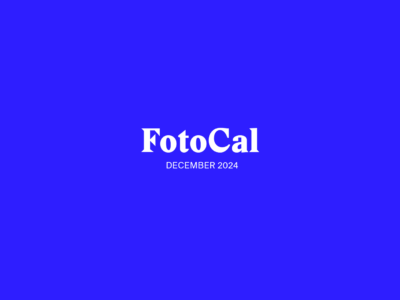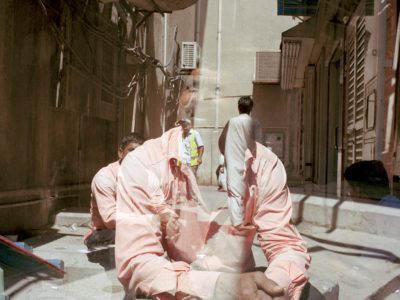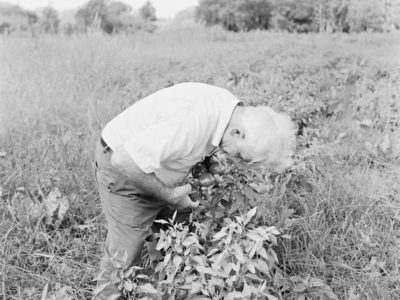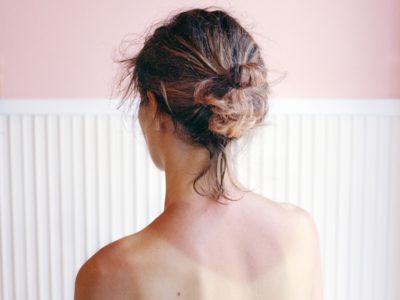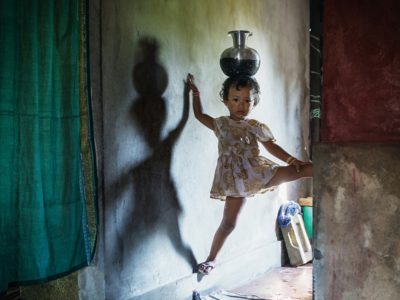Transparency Is the New Mystery — Mayumi Hosokura’s Latest, Mesmerizing Work
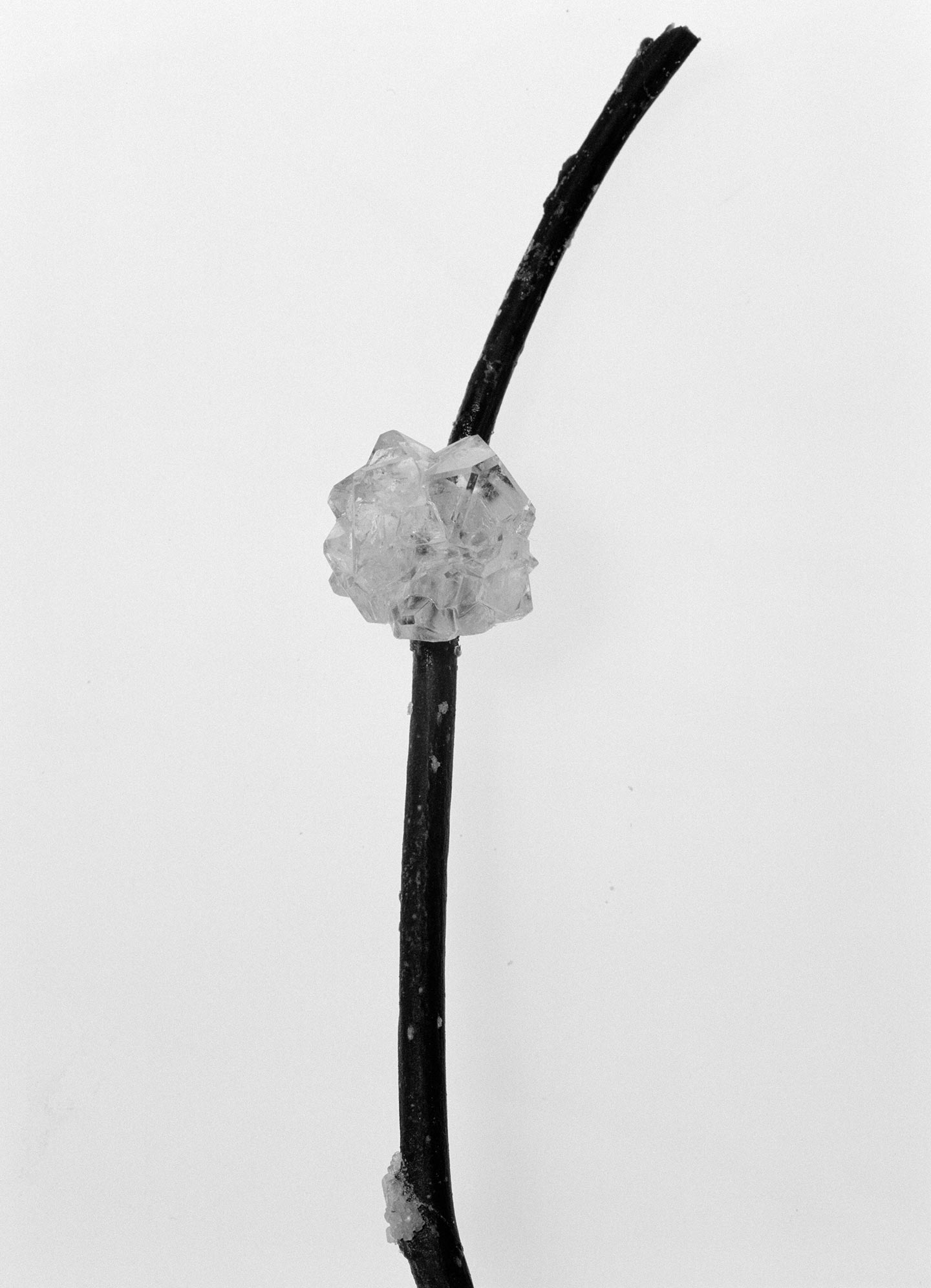
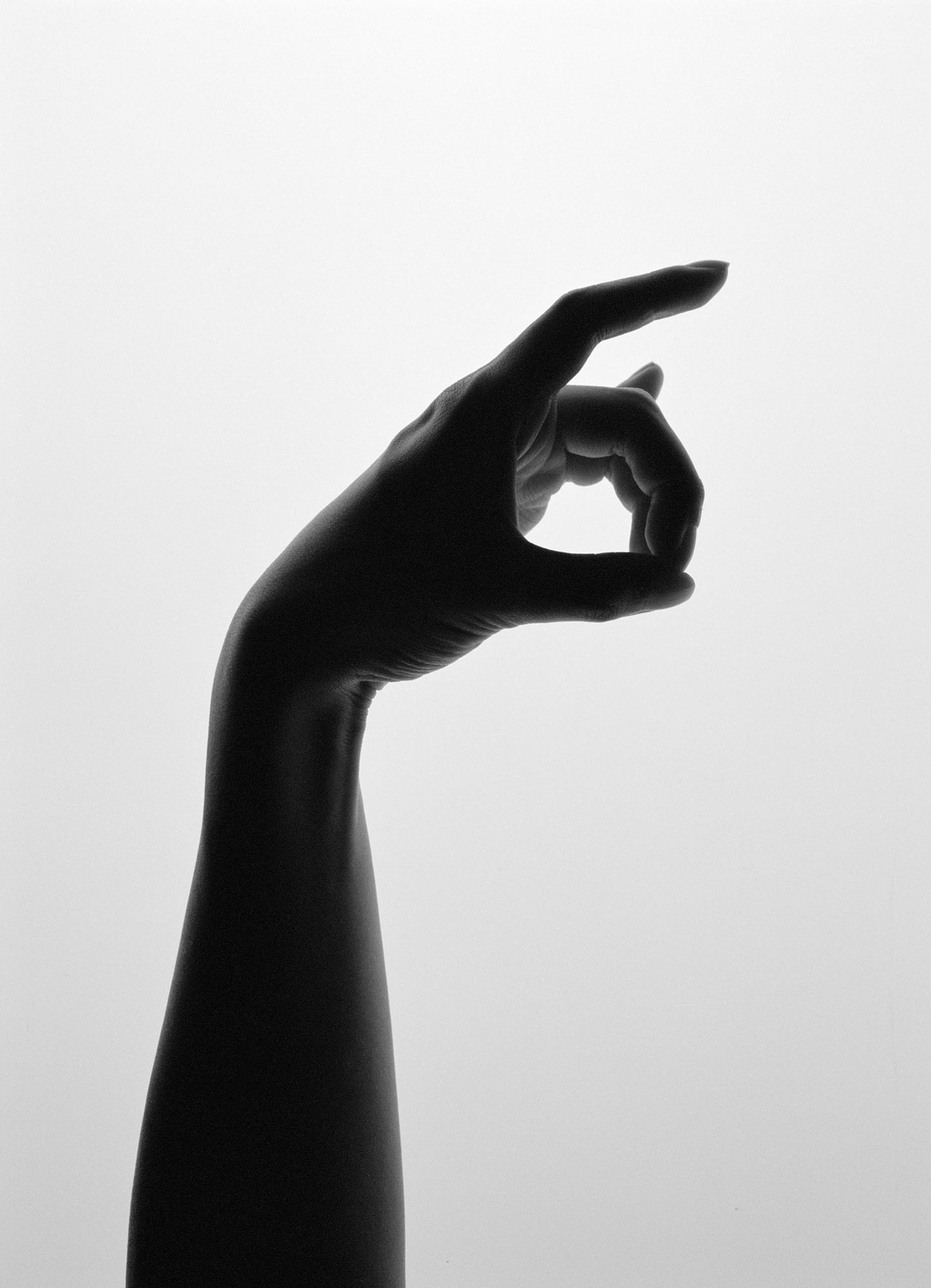
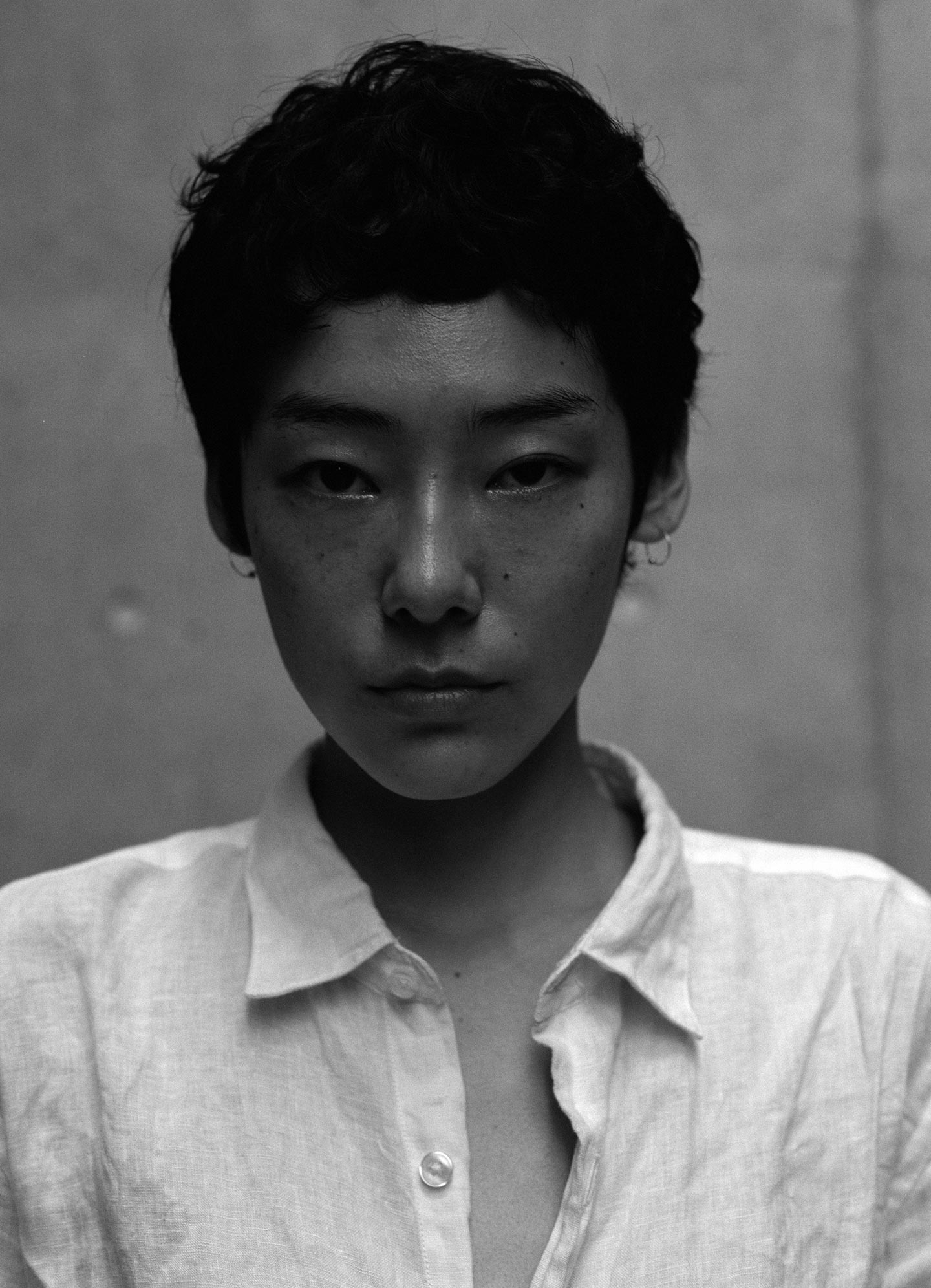
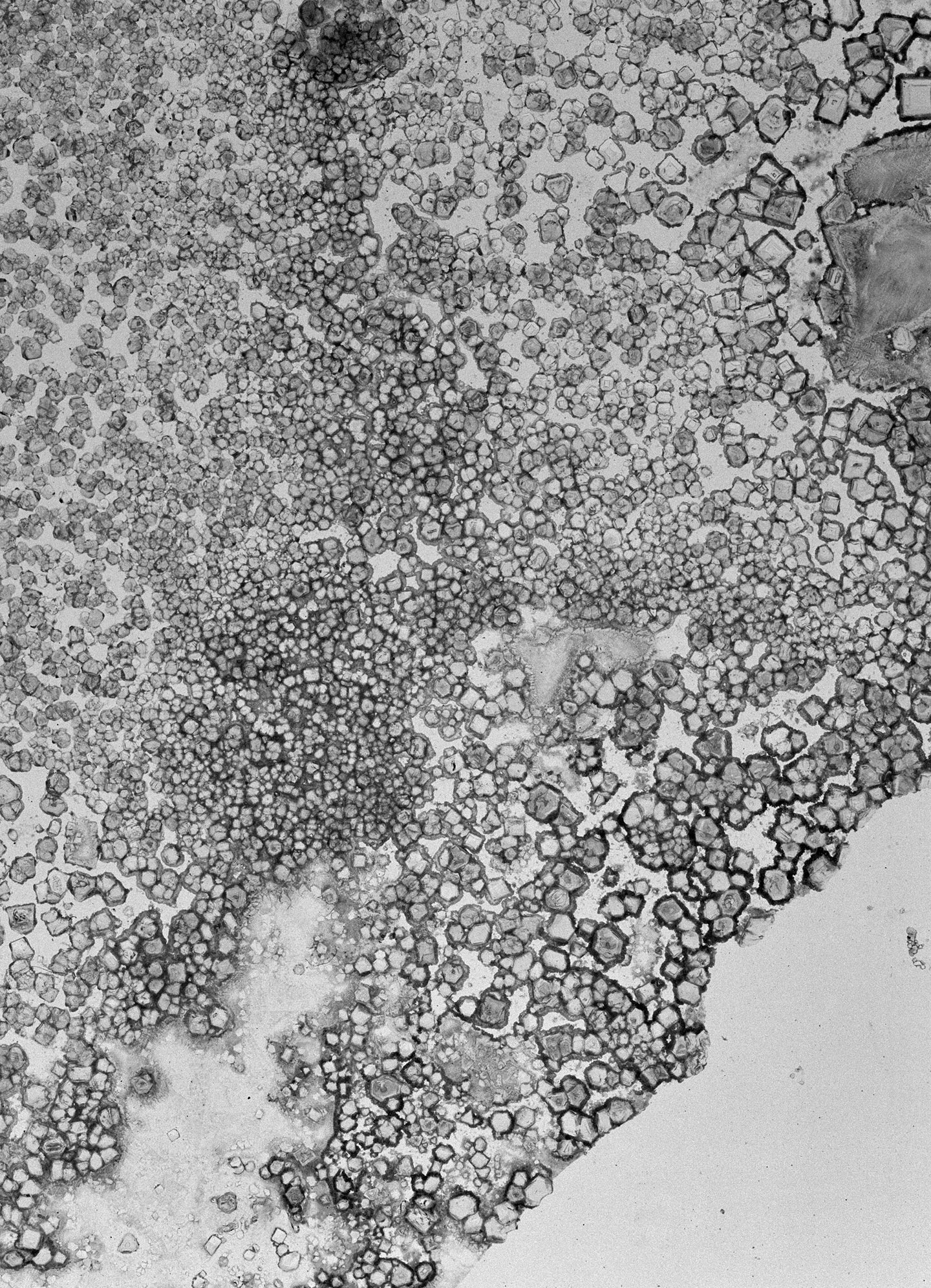
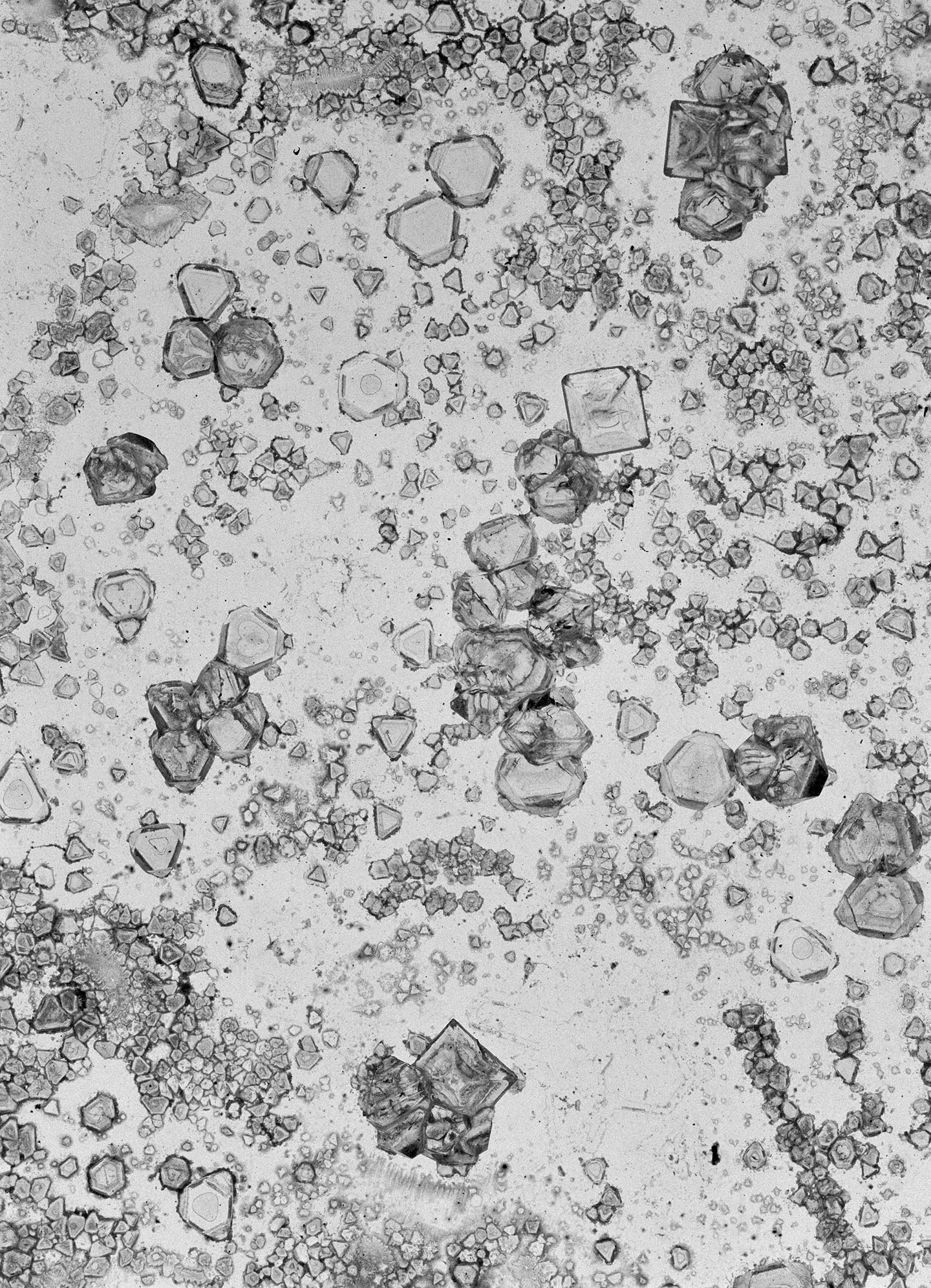
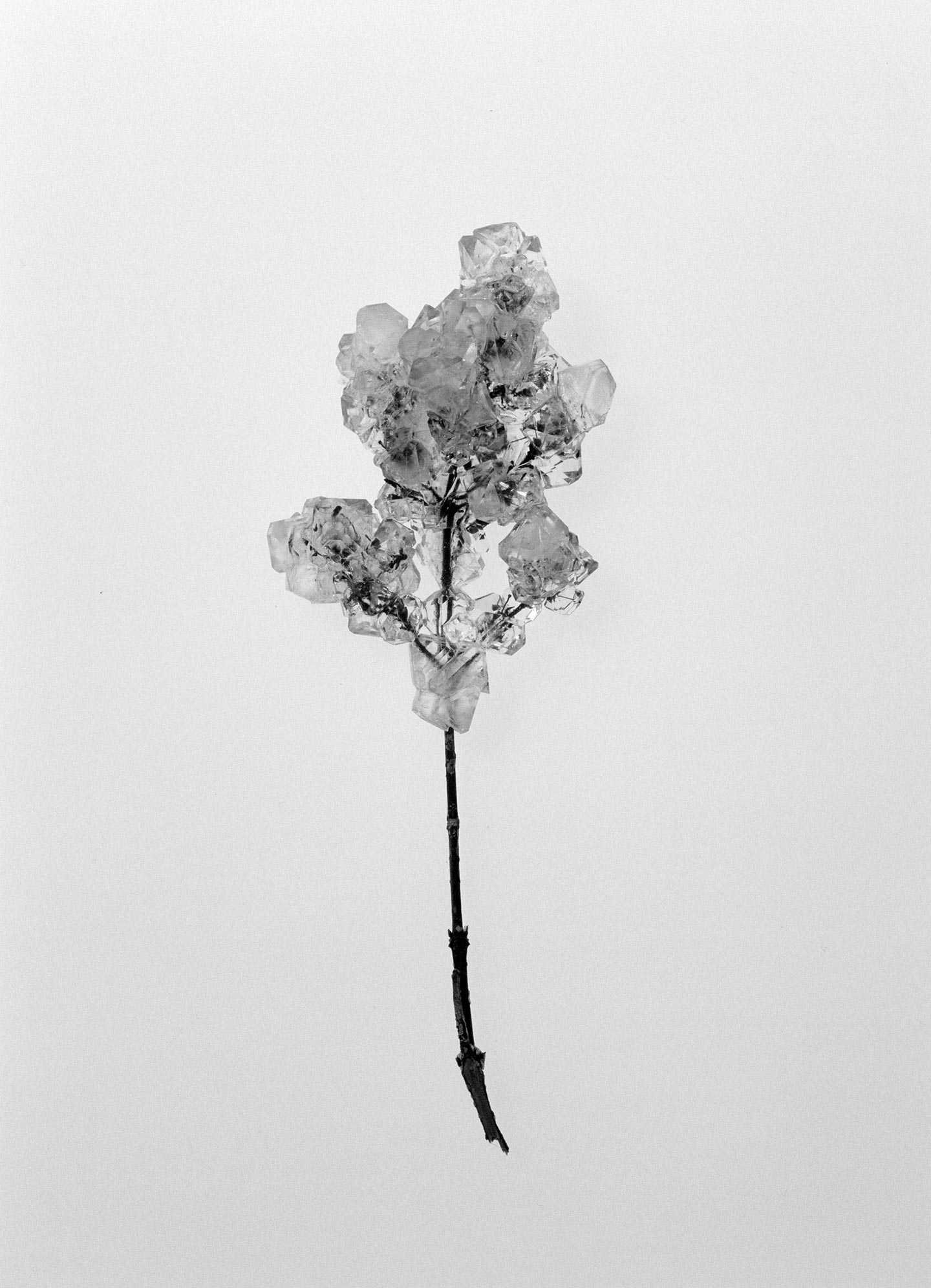
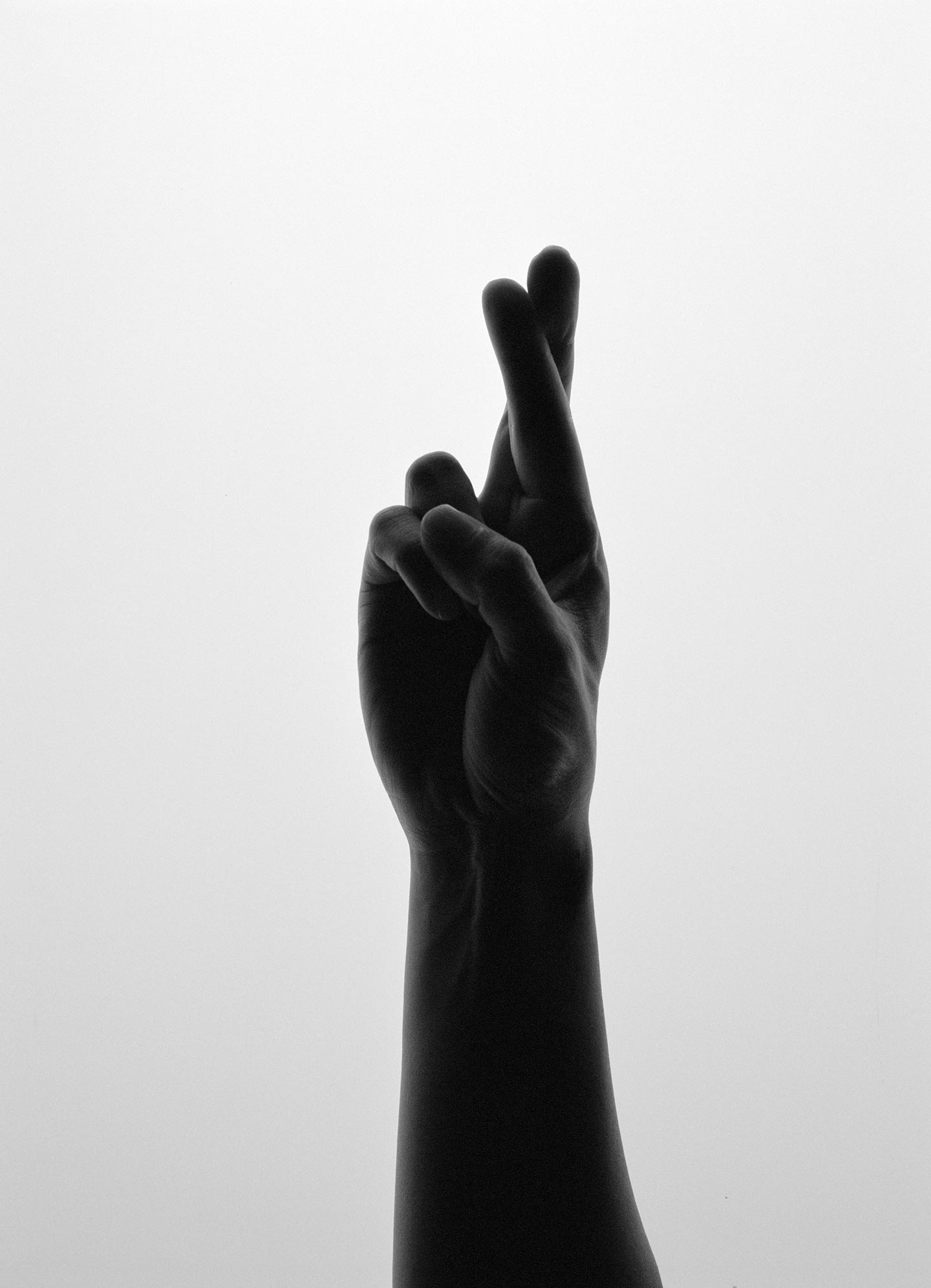
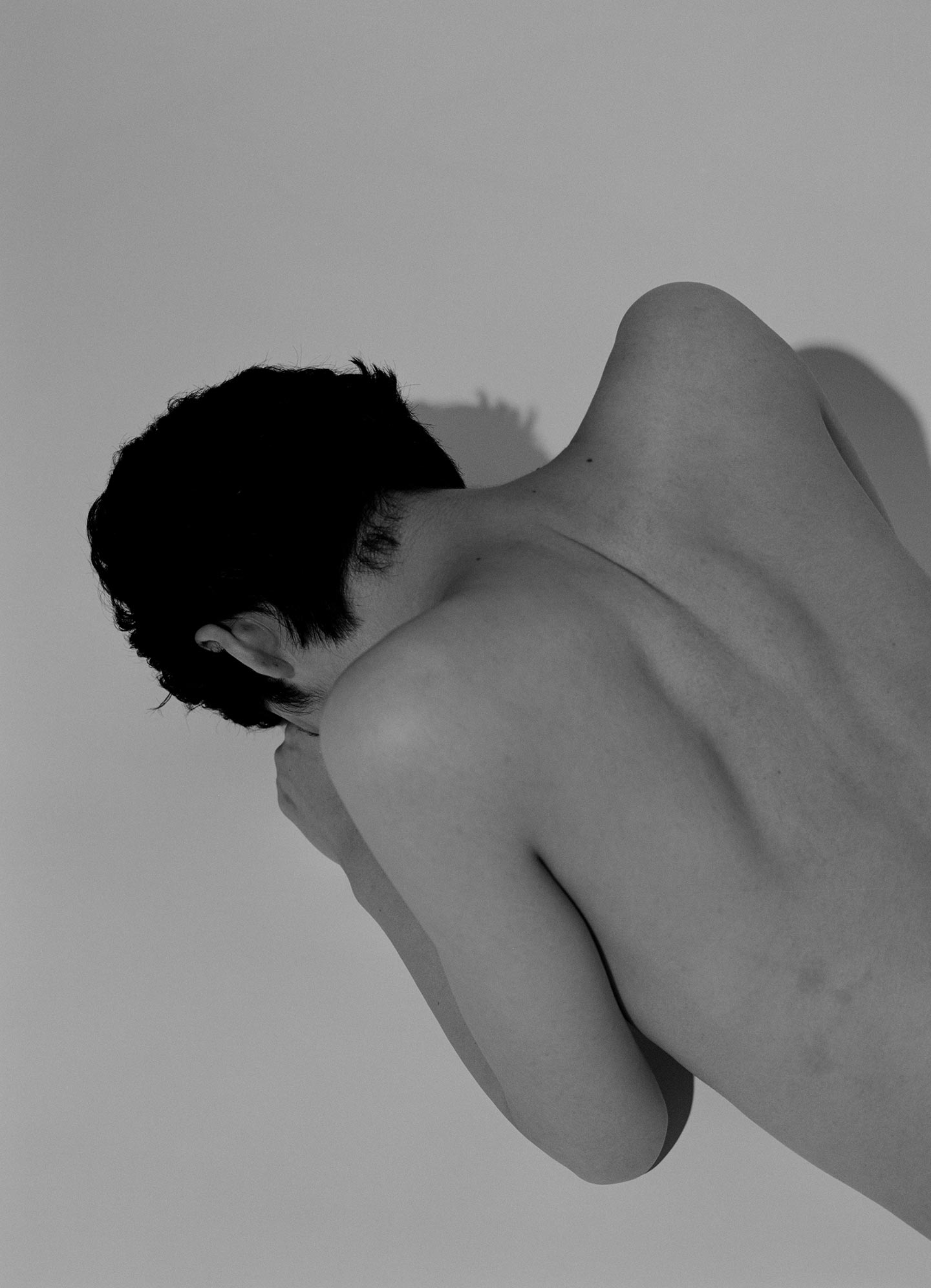
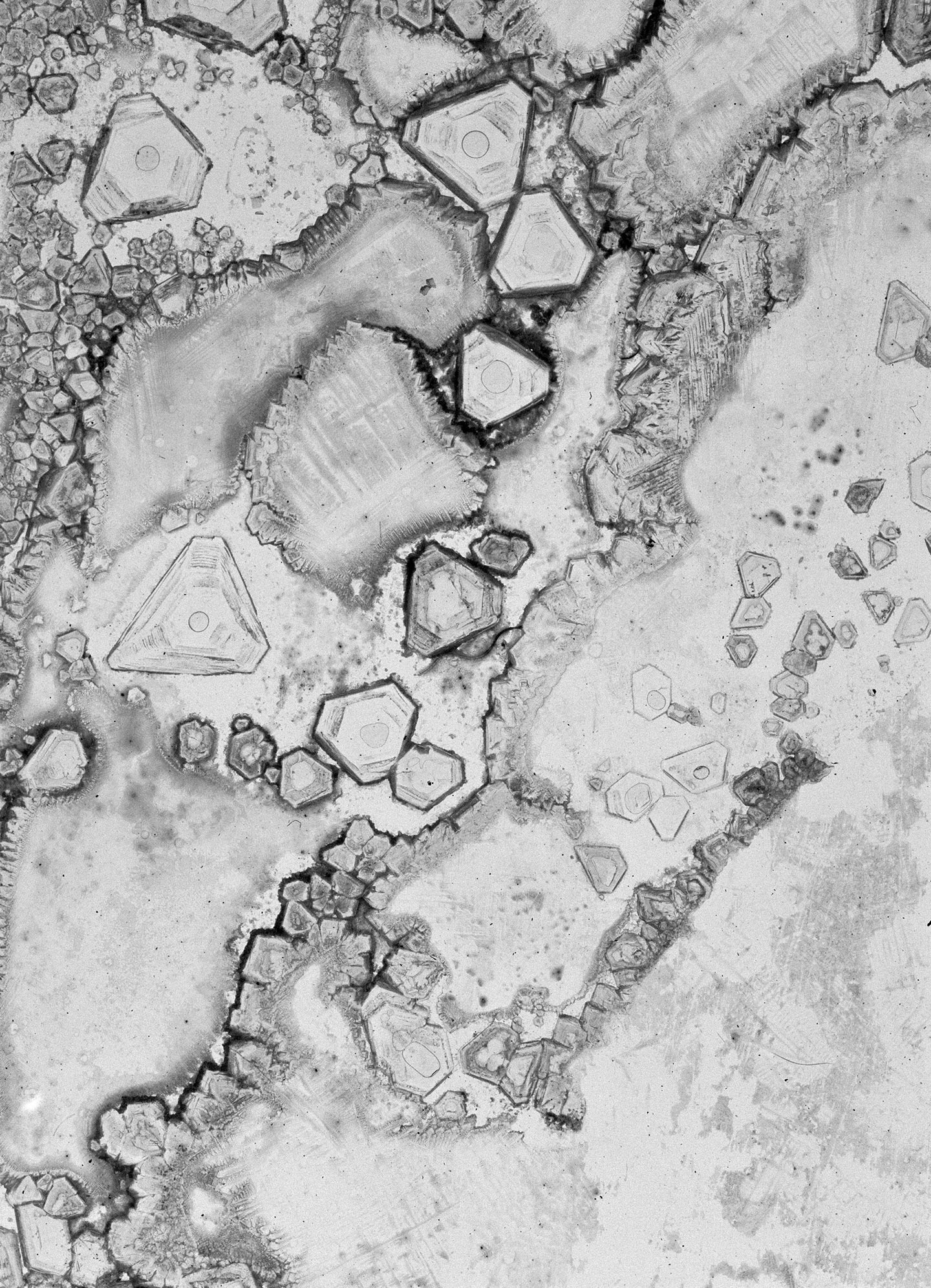
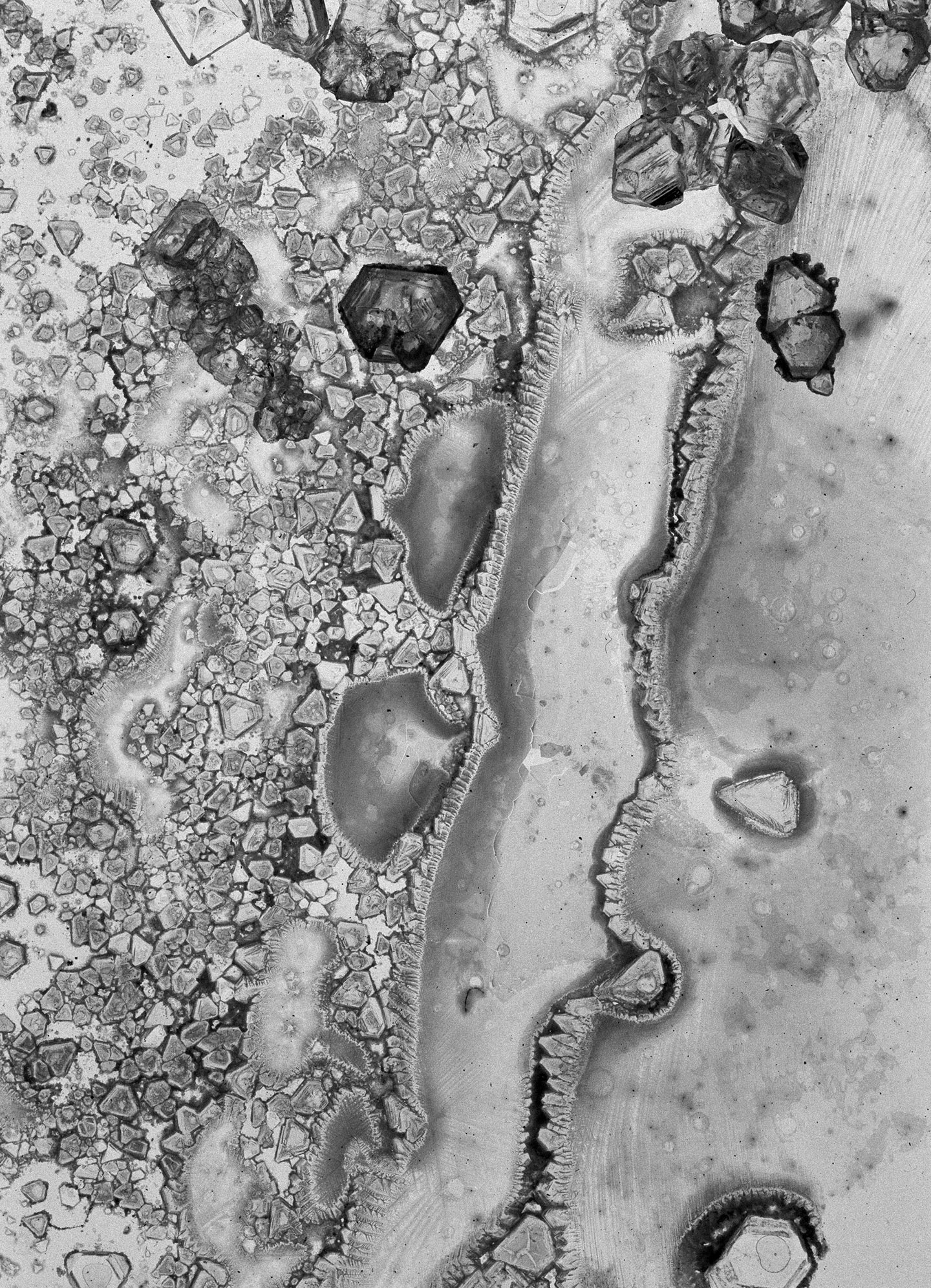
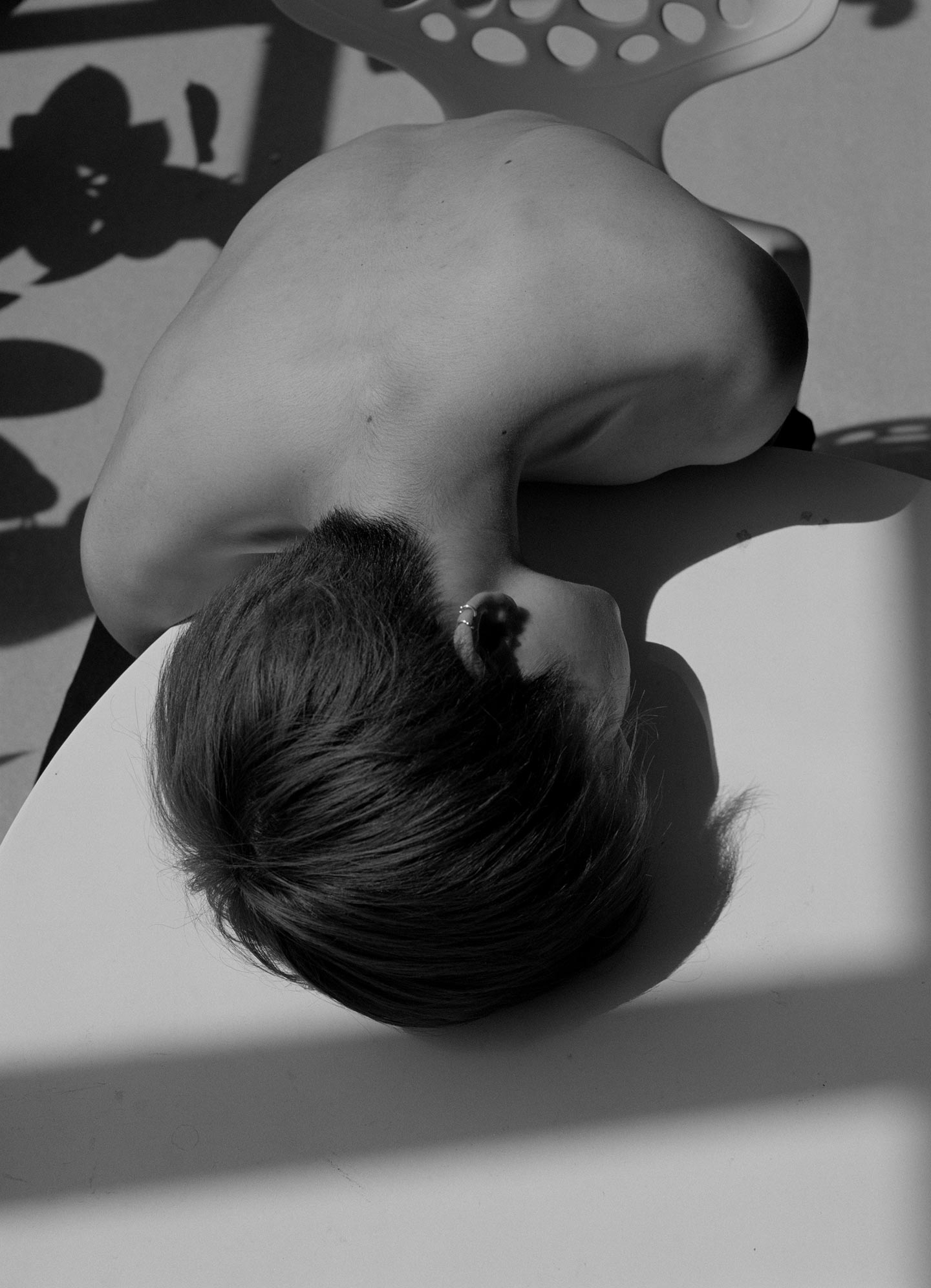
36 year-old Japanese photographer Mayumi Hosokura – one of the hottest names in Japan’s new photography scene – shares some background to Transparency Is the New Mystery, her latest splendid body of work that mixes photos of the nude human body with fascinating images of crystals and crystal formations.
Transparency Is the New Mystery is available as a beautiful photobook recently published by MACK – buy your copy here.
Hello Mayumi, thank you for this interview. What are your main interests as a photographer?
The motif of my photographs are often youth and sexuality, nudes and nature. I create work based on the idea of the image’s physicality, and its relationship to imagination. It is natural and mysterious in the same way as water becomes ice and vapor or gelatin forms an image by being exposed to light.
Please introduce us to Transparency Is the New Mystery.
Transparency Is the New Mystery is like a short story in which the human body and the crystals – the two main elements of the series – produce a reciprocating motion between a macro and a micro level.
What inspired Transparency Is the New Mystery?
My main source of inspiration for this work was The Crystal World (1966) by British sci-fi writer James Graham Ballard. In the novel, humans, animals, nature and everything else are covered with crystals and slowly dying beneath… It’s a very beautiful image to visualize, and I think it’s also a very good metaphor for the photographic experience.
What is the function of the crystals in Transparency Is the New Mystery?
I used the crystals as metaphor of photography. As their beauty mesmerizes us, we are reminded that the photographic medium has the very unique characteristic of being able to simultaneously kill the subject as well as keeping it semi-permanently alive.
How did you obtain the translucent images of crystals included in the Transparency Is the New Mystery?
For this book I used crystals of alum, a chemical compound similar to salt. It is very easy to work with and to make beautiful crystals from it: I simply prepared an alum solution and then dipped different things in it, like twigs, leaves, etc. The solution quickly crystallizes around whatever you put into it. Another way I used alum is I let the solution under the sunlight – once the water vaporizes, a bunch of small crystals are left behind, which I then photographed with a macro lens.
The images of the crystals are alternated with pictures of the human body. What relationship exists between these two type of images?
Humans are made of organic matter, while the crystals are minerals; but I’m not sure that there’s that much of a difference between humans and crystals. When we die, what happens to the body? What becomes of it? The images of the crystals are a metaphor for the millions of cells that the human body is made of.
What have been the main influences on your photography?
Many things influenced me. Above them all, beautiful youth always makes me so thoughtful.
Who are some of your favorite contemporary photographers?
Wolfgang Tillmans, Jack Pierson, Roni Horn.
Choose your #threewordsforphotography.
Love. The. World.
Keep looking...
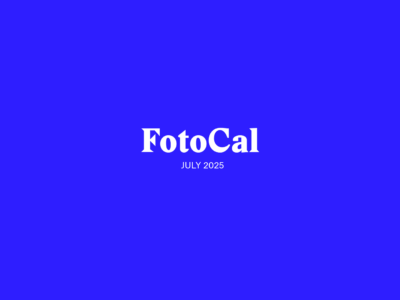
FotoCal — Photography Awards, Grants and Open Calls Closing in July 2025
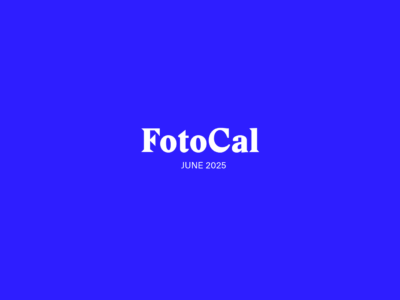
FotoCal — Photography Awards, Grants and Open Calls Closing in June 2025
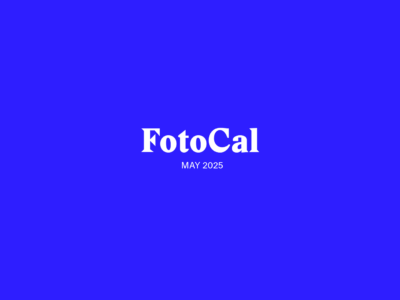
FotoCal — Photography Awards, Grants and Open Calls Closing in May 2025
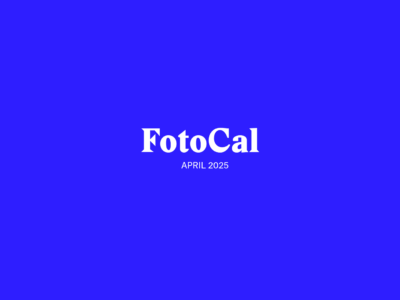
FotoCal — Photography Awards, Grants and Open Calls Closing in April 2025
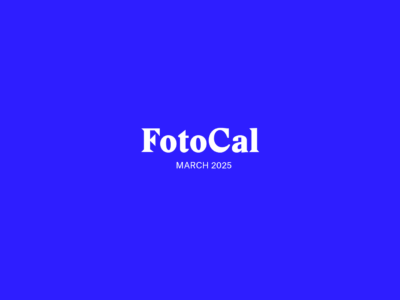
FotoCal — Photography Awards, Grants and Open Calls Closing in March 2025
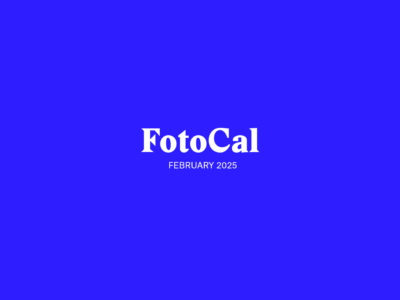
FotoCal — Photography Awards, Grants and Open Calls Closing in February 2025
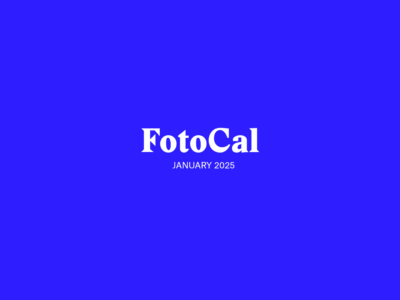
FotoCal — Photography Awards, Grants and Open Calls Closing in January 2025
